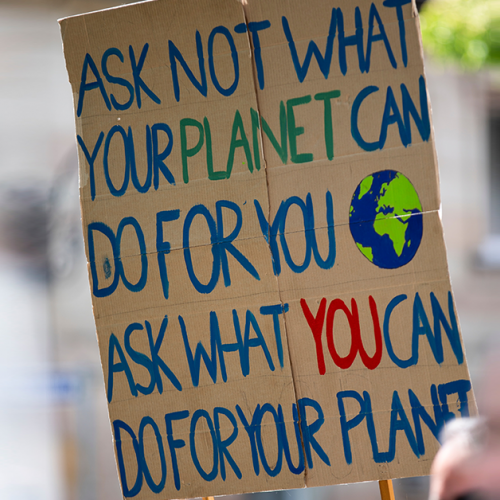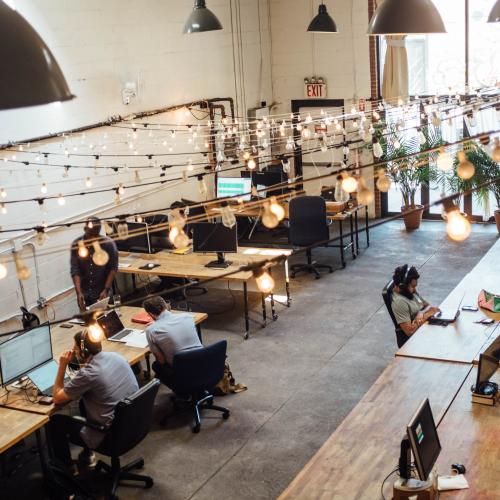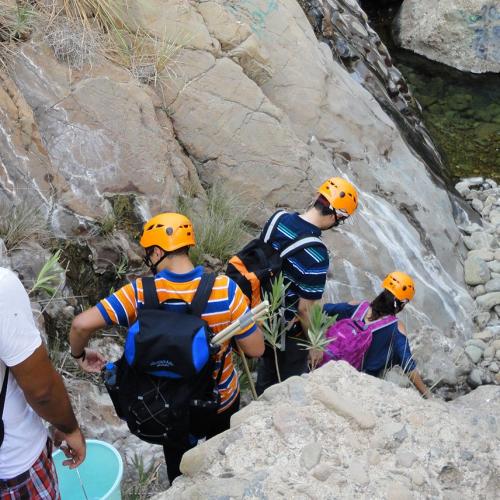Help protect our water bodies

The first step in solving a problem is acknowledging it. When it comes to water, there are 3 issues we need to tackle today, to avoid a crisis tomorrow.
We take water for granted every day. But scratch beneath the surface, and you’ll see three big challenges.
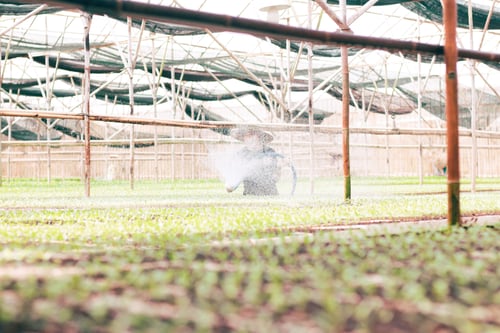
Photo by: Minh De Dong Hoang
- Water security: Will we have enough fresh water tomorrow?
Rivers around the world are running dry. Water levels in lakes and reservoirs are dropping because of human consumption as well as natural evaporation. Ground water aquifers are running low too, as we consume more water than is replaced by natural sources like rain.
In the UAE, we have already switched from ground water as our main source of water to desalination. But the demand for fresh water continues to grow.
According to the World Health Organization (WHO), 206 million people have limited access to water – they have to travel for more than 30 minutes simply to collect water.
By 2025, half of the world’s population will be living in water-stressed areas.
206 million people have to travel more than 30 minutes simply to collect water (WHO)
Where is all our water going?
Globally, the majority of water is used in agriculture, but keep in mind that 1/3 of all food produced goes to waste. Industries are the next big consumer of water. While water risk is on the agenda for businesses, many are just beginning to understand how important it is to use water responsibly. The last major place where water is consumed is domestically, in our homes.
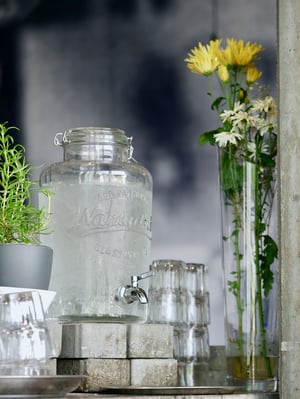
Photo by: Sven
- Water quality: Will our water remain safe to use?
Contamination of water is another serious concern around the globe. Fertilizers used in agriculture have seeped down into groundwater aquifers and been flushed out to sea. Bad waste management practices, natural disasters, accidents, faulty equipment and poor sanitary systems have resulted in harmful waste making its way into our oceans.
As a result, water quality has dropped in numerous water bodies around the world, making it unfit for drinking or even swimming, and affecting marine wildlife and overall ecosystems. For example, contaminants such as mercury have found their way into fish bellies, and from there on to our plates.
At least 2 billion people get their drinking water from contaminated sources (WHO)
We make our own small contributions to this problem everyday, by pouring household cleaning products, cooking oil and un-flushables down the drain.
Simple workarounds include...
- Switching to eco-friendly cleaning supplies
- Collecting cooking oil for recycling or safe disposal
- And using the bin to discard items like medicines, toilet paper, wet wipes, cotton balls and floss.
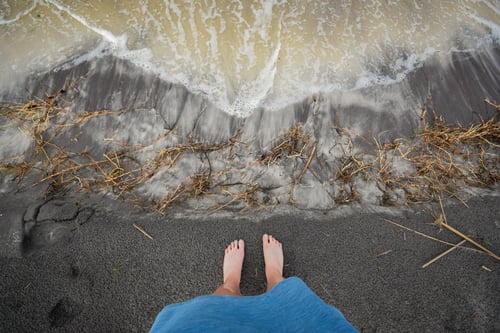
Photo by: Frances Gunn
- Warmer oceans: Will delicate marine ecosystems survive changes to their habitat?
The impact of climate change on the ocean goes beyond rising water levels. A warmer world means warmer oceans, and the increase of carbon dioxide in our atmosphere leads to ocean acidification.
What does this mean for marine life?
A change to one part of the marine ecosystem can have a large impact across the food chain. Higher temperatures and ocean acidification can lead to coral bleaching, which affects many small organisms and fish that rely on corals for shelter, breeding grounds and food. This in turn impacts bigger fish, sea animals, sea birds and so on.
Higher temperatures can also harm the development and change the behaviour of marine organisms. Meanwhile, acidification makes it difficult for marine animals such as shellfish and corals to produce the calcium carbonate they need to build their shells and skeletons.
On the other hand, warmer waters can favour some species. The Arabian Gulf in particular has seen ‘red tides’ or algal blooms come close to shore. Some of these blooms can be toxic to surrounding marine life and humans, and have already resulted in beach closures and fishing bans in the UAE.
HOW CAN I HELP?
As individuals, we may have the smallest impact on our water bodies but there’s still a lot that we can do.
- Change your mind-set. We need to treat water as the precious resource that it is. Our ancestors did this in the past, and we need to do it for our future generations. (More on this in our next post)
- Use less water… in fact, go waterless! Stay tuned for some UAE-specifc tips on how you can save water at home and also in the workplace. You’ll be surprised to find that there are things you can accomplish without water.
- Save 1/3 of food from going to waste. If everyone on the planet reduced food waste by a third, we would save 250 trillion litres of water a year! Check out our previous Yalla Green posts for tips of reducing food waste.
- Choose food from sustainable sources. Look for certified organic products that are produced without the use of harmful fertilizers. These are better for our water bodies and for our own bodies too.
- Keep our beaches clean. Make use of the numerous bins and recycling facilities across the UAE’s public beaches. Don’t be shy about picking up someone else’s trash – it’s for a good cause!
- Inspire change at our places of work. For a bigger impact, help your company create sustainable policies around water. If your company already has a water savings plan, support it by participating in employee activities.
Remember, you are not alone in this mission to protect our environment. 197 countries have pledged to take action to prevent climate change and its impact on the world. Every single hand of support matters and your contribution is crucial for a secure tomorrow.
We have to start now, to save our water while we still have it.
Over the next few weeks, we will share more water tips and posts about ‘living the water-less life' in the UAE. Subscribe to the Yalla Green blog or follow us at @ews-wwf to stay tuned.
